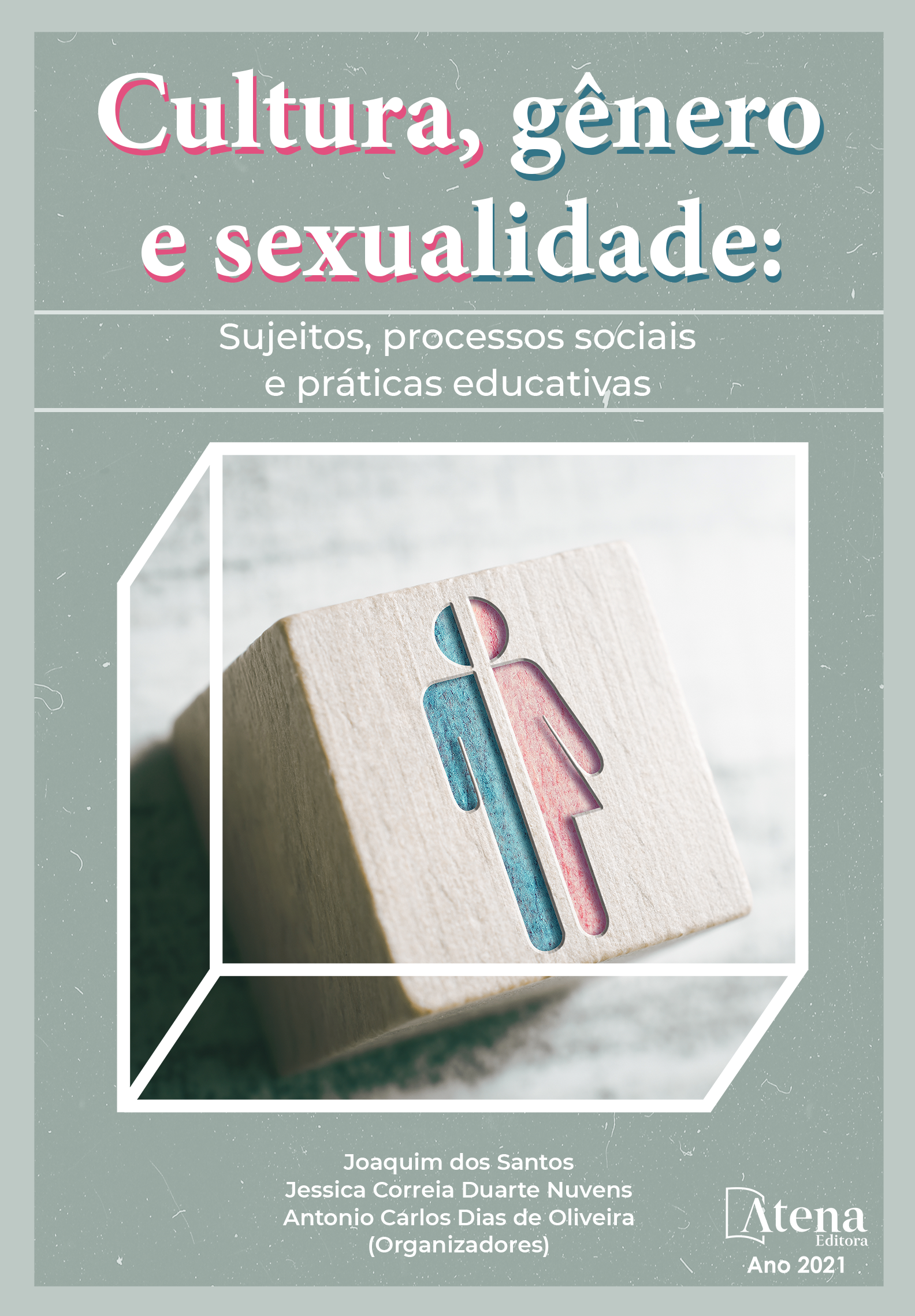
“VIOLÊNCIA CONTRA AS MULHERES COMO UMA QUESTÃO PÚBLICA: UMA ABORDAGEM PARA A CONSTRUÇÃO DE UM PROBLEMA, A GERAÇÃO DE MARCO LEGAL PERSPECTIVA E INTERVENÇÃO COM HOMENS VIOLENTOS NO MÉXICO”
RESUMO:
Este trabalho busca resgatar a construção histórica de uma nova esfera de intervenção governamental em torno da violência doméstica e suas contrapartidas individuais: A mulher violada e o homem abusivo. Nesse contexto, os homens abusivos tornam-se novos sujeitos da intervenção sócio-psico-estatal onde os discursos de segurança, direitos humanos e psicologia convergem e levam a modelos de intervenção multimodal e multidimensional para prevenir e erradicar a violência masculina no México.Para Luis Bonino (2002), homens que se tornam intimidações, estupradores e cometeram uma série de abusos que têm sido constantemente expostos em estudos sobre homens e masculinidade. Bonino aponta que há um problema de saúde pública, e é necessário identificar as "patologias de masculinidade" como uma maneira de desintegrar o sentido hegemônico da sociologia, e, assim, estudar as situações que causam a violência de gênero e como nele e abuso de poder são parte da identidade masculina.
Este processo de produção complexa e múltipla dos "novos homens" aparece na década de noventa, principalmente no mundo anglo e estende a sua influência gradualmente até atingir o México em um coentexto de mudança do modelo socioeconômico no México como parte do processo de neoliberalização do país e de descentralização dos serviços "corretivos" do Estado. Aqui, a busca de reconfigurar as práticas de masculinidade, coalha na construção de dispositivos de reeducação gênero e masculinidades, propostas pelas ONG como processos de intervenção social. ONGs que promovem este trabalho, juntamente com outras instituições sociais, especialmente as instituições de saúde pública e segurança, tornaram-se tão central na produção de "novas" identidades masculinas e que eles consideram um mínimo ", homens diferentes" livre da violência como exercício próprio da performatividade de gênero.
“VIOLÊNCIA CONTRA AS MULHERES COMO UMA QUESTÃO PÚBLICA: UMA ABORDAGEM PARA A CONSTRUÇÃO DE UM PROBLEMA, A GERAÇÃO DE MARCO LEGAL PERSPECTIVA E INTERVENÇÃO COM HOMENS VIOLENTOS NO MÉXICO”
-
DOI: 10.22533/at.ed.7242114123
-
Palavras-chave: masculinidade, violência masculina, violência masculina no México, grupos de intervenção para agressores masculinos, intervenção psicológica com agressores masculinos.
-
Keywords: masculinity, male violence, male violence in Mexico, intervention groups for male aggressors, psychological intervention with male aggressors.
-
Abstract:
This work seeks to review the historical construction of a new sphere of government intervention around domestic violence and its individual counterparts: The raped woman and the abusive man. In this context, abusive men become new subjects of socio-psycho-state intervention where discourses of security, human rights and psychology converge and lead to multimodal and multidimensional intervention models to prevent and eradicate male violence in Mexico.Para Luis Bonino, Men (2002) who become bullies, rapists and committed a series of abuses that have been constantly exposed in studies of men and masculinity. Bonino points out that there is a public health problem, and it is necessary to identify the "pathologies of masculinity" as a way to disintegrate the hegemonic sense of sociology, and thus study the situations that cause gender violence and the praxis of abuse as part of male identity.
This complex and multiple production process of the "new men" appears in the nineties, mainly in the Anglo world and gradually extends its influence until reaching Mexico in a context of changing the socioeconomic model in Mexico as part of the country's neoliberalization process and the decentralization of the State's "corrective" services. Here, the search to reconfigure the practices of masculinity contributes to the construction of devices for the re-education of gender and masculinities, proposed by NGOs as processes of social intervention. NGOs that promote this work, along with other social institutions, especially public health and safety institutions, have become so central in the production of "new" male identities that they consider at least "different men" free from violence as exercise as a characteristic of the performance of gender. -
Número de páginas: 19
- Felipe Eduardo Reyes Perez Silva


